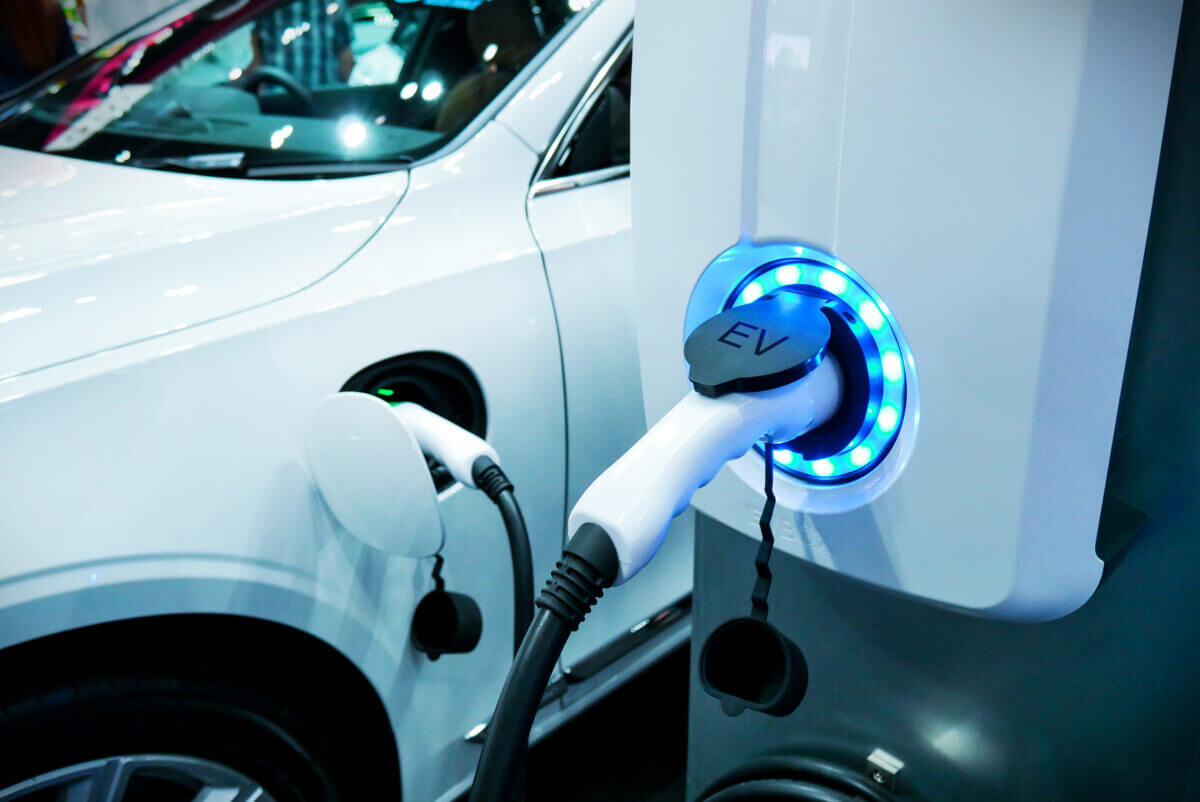
The Current State of China’s EV Market: Downward Trend
China’s electric vehicle (EV) industry enters 2024 amidst a challenging phase, with shares of key players like Nio and Xpeng experiencing significant declines of over 18% and 16%, respectively. The industry faces stiff competition and relentless price wars, posing threats to profitability. In this turbulent market, EV companies must adapt by embracing cost-effective and eco-friendly EV energy solutions.
Challenges in China’s EV Industry
The year began with notable share decreases for major players such as Li Auto, BYD, and Zhejiang Leapmotor. Analysts at Bernstein predict continuous pricing and profitability pressures due to intense competition within the domestic market. Morgan Stanley also highlights the unpredictable nature of China’s auto market, driven by strong competition and macroeconomic uncertainties.
Passenger EV sales in mainland China have notably slowed, with growth dropping from 108% in Q3 2022 to 28% in Q3 2023, as reported by the China Association of Automobile Manufacturers. Fitch Ratings anticipates a further slowdown in 2024, projecting a modest increase in domestic passenger car demand to nearly 22 million units amidst economic uncertainty.
Strategies for Overcoming Industry Challenges
In response to these challenges, the industry is contending with overcapacity, frequent new model launches, and new tech giants like Huawei and Xiaomi entering the market. As Bernstein points out, this intensifies competition, leading to price drops. However, EV demand remains steady, encouraging manufacturers to innovate and introduce new models. HSBC China autos analysts expect more than 100 new EV models in China in 2024. Companies like Xpeng and Li Auto continue to deliver impressive results, demonstrating their commitment to tackling these challenges.

Navigating New Tech Entrants and EV Tariffs
The entrance of tech companies like Huawei and Xiaomi is reshaping the market, forcing established players to innovate continually. This competitive climate poses challenges and opens up opportunities for collaboration and beneficial partnerships. Focusing on EV tariffs will be crucial for balancing competitive pricing and maintaining profitability, making EVs more accessible to consumers.
Addressing Future Demands: EV Cargo and Sustainable Power
To meet future demands, manufacturers should expand their focus to include electric cargo vehicles, tapping into new growth areas and supporting various industries. Additionally, there’s a growing need for sustainable EV power solutions. Prioritising eco-friendly energy sources for EVs aligns with global environmental objectives, ensuring the industry’s contribution to a cleaner future.
In conclusion, China’s EV industry must strategically address its challenges in 2024. Emphasising affordable solutions, adapting to new tech competitors, exploring EV cargo opportunities, and focusing on sustainable power will be key to the industry’s success. As the EV market evolves, companies must remain agile and forward-thinking to overcome obstacles and harness the potential of eco-friendly and cost-effective EV energy.




